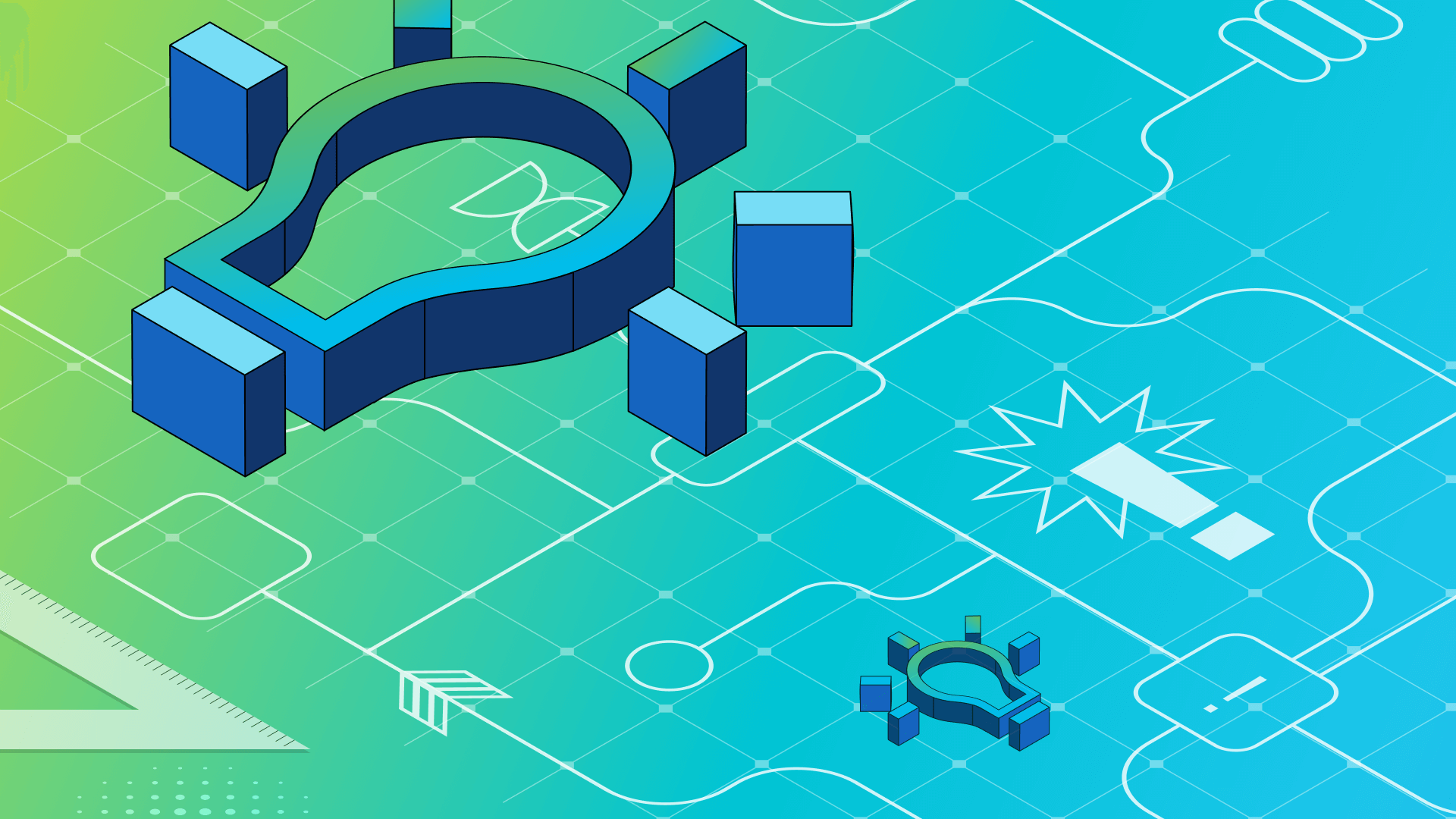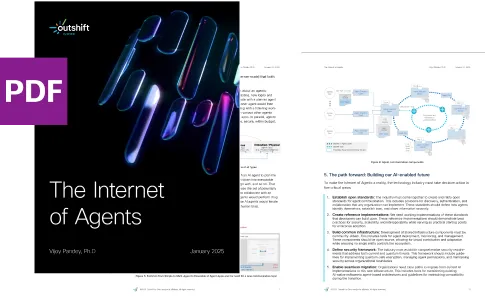Share
STRATEGY & INSIGHTS
7 min read

Share
You can’t master cloud native security if you don’t speak the language of cloud native technology. If you don’t yet know the lexicon, fear not: in this blog, we’ve put together the ultimate list of all the cloud native security terms you should know, along with their definitions. We’ll also highlight some subtle differences in terms, like cloud native security vs. cloud native application security.
API: Short for Application Programming Interface, an API is a service that lets applications or services talk to one another.
API Security: The art and science of keeping APIs secure by preventing API sprawl, identifying API vulnerabilities and enforcing API security policies. For more, read our guide to API security.
API server: A host that accepts API requests from clients.
API gateway: A tool that manages API requests between multiple services or applications, providing a centralized means of tracking and securing those requests.
Azure: A major public cloud platform from Microsoft.
Autoscaling: The ability of cloud services to scale up or down automatically based on predefined policies.
And there you have it: All the terms and cloud native security concepts you need to know to thrive at the cloud native security game. If you want more insight on how cloud native security is applied today, read the rest of our articles on cloud native security.


Get emerging insights on innovative technology straight to your inbox.
Outshift is leading the way in building an open, interoperable, agent-first, quantum-safe infrastructure for the future of artificial intelligence.

* No email required

The Shift is Outshift’s exclusive newsletter.
Get the latest news and updates on agentic AI, quantum, next-gen infra, and other groundbreaking innovations shaping the future of technology straight to your inbox.
